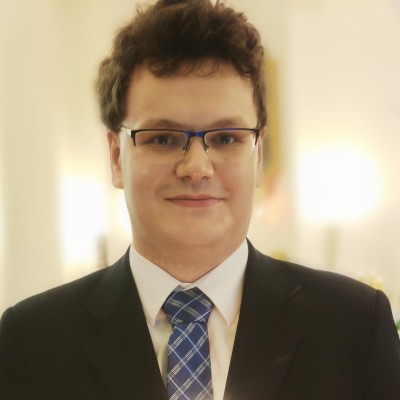2019.01-2019.12. Zebranie i analiza danych w pilotażowych eksperymentach z wykorzystaniem urządzeń mobilnych w informatyce afektywnej (AGH UST research grant for young scientists; Project Leader). Project related to our current affective experiments with BITalino. Project budget: 3 615,00 PLN
2018.01-2018.12. Wykorzystanie popularnych urządzeń sensorycznych w informatyce afektywnej (AGH UST research grant for young scientists; Project Leader). Project related to evaluation of wearable biosensors: Empatica E4, Microsoft Band II, Arduino e-Health Kit, Bitalino. Project budget: 6 000,00 PLN
2017.01-2017.12. Metody projektowania systemów z użyciem kolaboratywnej inżynierii wiedzy (AGH UST research grant for young scientists; Project Leader). Project related to my PhD thesis. Project budget: 5 500,00 PLN
2016.01-2016.12. Metody projektowania systemów z użyciem kolaboratywnej inżynierii wiedzy (AGH UST research grant for young scientists; Project Leader). Project related to my PhD thesis. Project budget: 4 619,71 PLN
2015.01-2015.12. Analiza możliwości rozbudowy interakcji systemów mobilnych z użytkownikiem o zbieranie i przetwarzanie danych biometrycznych (AGH UST research grant for young scientists; Project Leader). Side project related to testing of mobile devices: Emotiv EPOC+, Vuzix M100, Leap Motion, et al. Project budget: 5 000,00 PLN
2014.01-2014.12. Metody regułowe i narzędzia analizy jakości kodu (AGH UST research grant for young scientists; Project Leader). Evaluation of results of my Master’s Thesis. Project budget: 4 000,00 PLN
